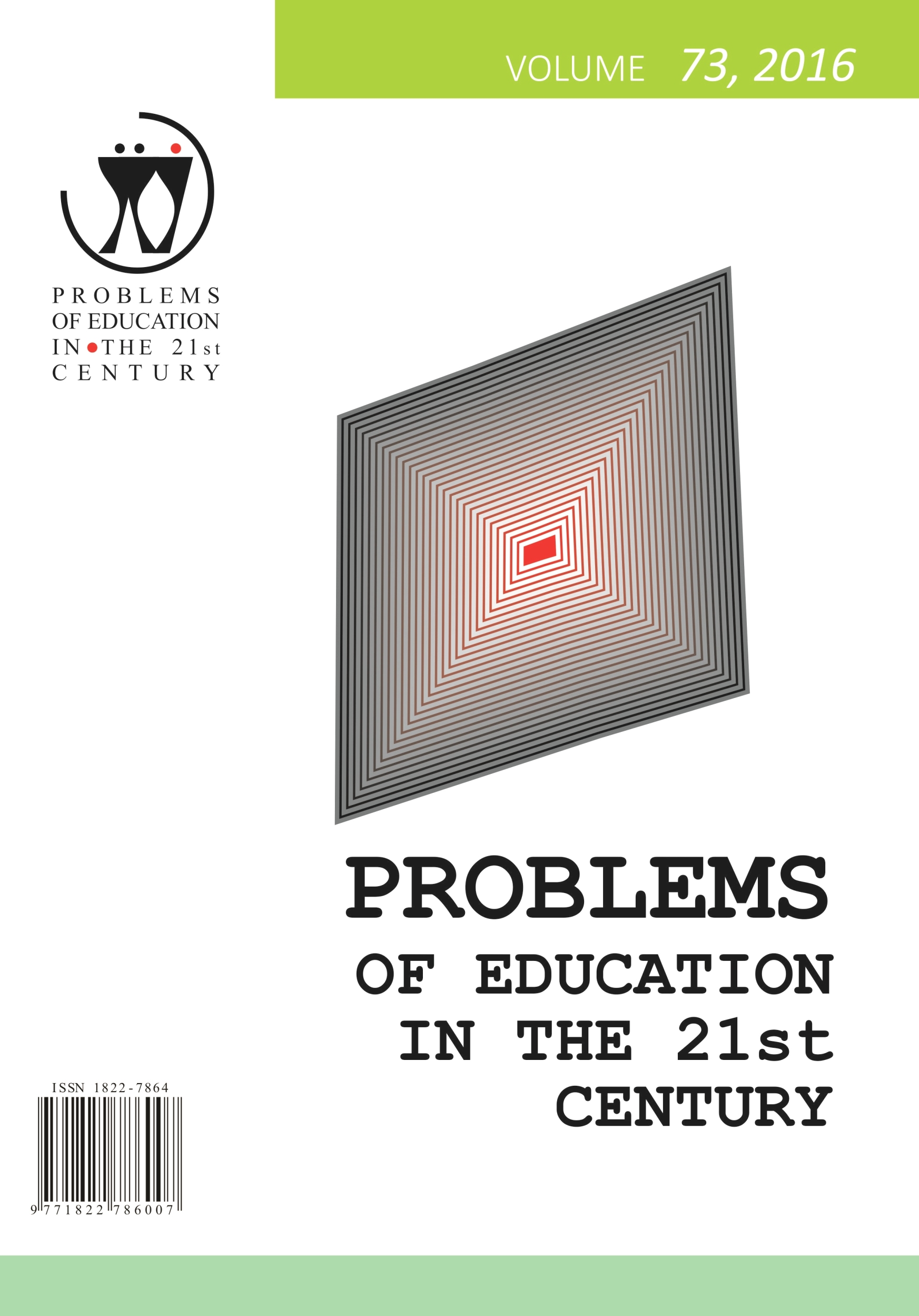ETHICAL DIMENSIONS WHEN INTERVENING IN CLASSROOM RESEARCH
ETHICAL DIMENSIONS WHEN INTERVENING IN CLASSROOM RESEARCH
Author(s): Tony BurnerSubject(s): Education, Ethics / Practical Philosophy, School education, Methodology and research technology
Published by: Scientia Socialis, UAB
Keywords: formative interventions; research ethics; intervention research; professional development;
Summary/Abstract: There is an increasing amount of educational research that aims at intervening in classroom teaching and learning practices, partly as a response to “what works” in education. However, few researchers ask the fundamental question of who actually “owns” the interventions, and not the least which ethical dimensions arise from intervening in classrooms. The present research investigates these two questions and relates them to the role of the researcher in formative intervention research, and by relating ethical dimensions to ethics of principles, consequences, relations and virtues. It suggests that interventionist researchers need to develop their reflexive sensitivity, both epistemologically and methodologically when they conduct formative interventions in classrooms, and that the idea of intervening requires different responses depending on the type of ethics that is applied. Interventionist researchers need to be more humble, more open to new ideas and changes in their original plans, and more able to share their contributions with the field of education compared to descriptive research designs. Also, they need to question the very idea of intervening in classrooms, legitimize it and reflect on it with ethical dimensions in mind.
Journal: Problems of Education in the 21st Century
- Issue Year: 73/2016
- Issue No: 1
- Page Range: 18-26
- Page Count: 9
- Language: English

